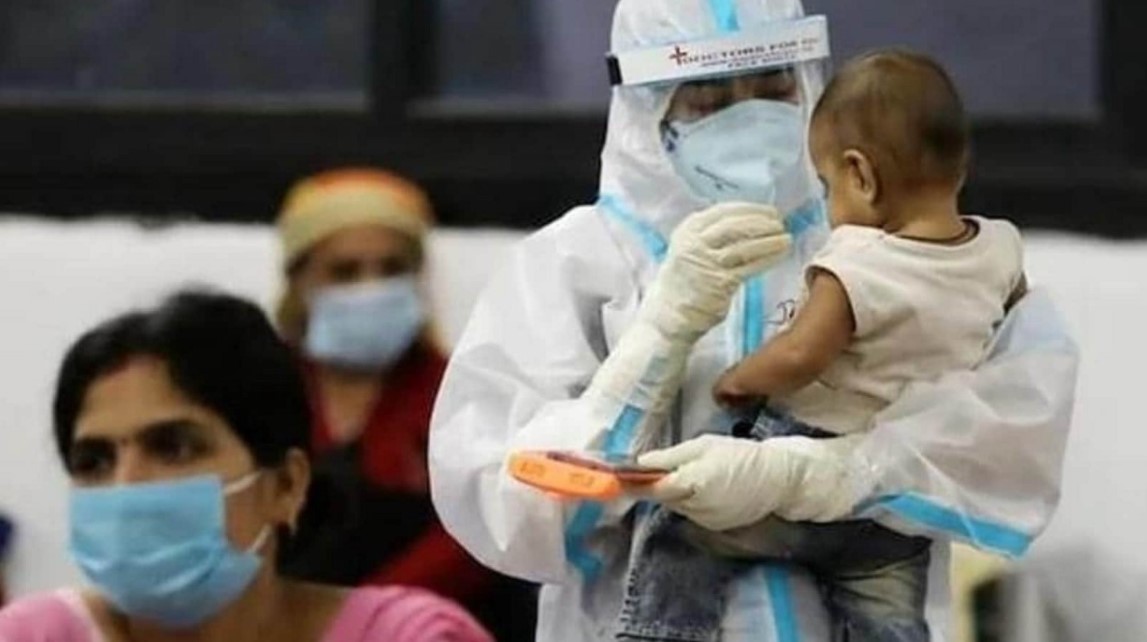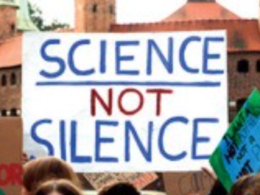Time
The Coronavirus Brief
BY JEFFREY KLUGER
Thursday, November 3, 2021
hindustantimes
Adin James of Fresno, Texas, is only 8 years old, but he has some very strict rules about how the world should work in the age of the pandemic. For starters, there’s the business of avoiding unmasked people.
“They don’t have their masks on,” he’ll tell his mother Ebony, a middle school principal, when he sees an uncovered face on the street or in a store. “That’s not right. They’re making other people sick.”
Then there’s the rule about spraying the room before bed. Ever since Adin’s father Terrence died on Feb. 19, Adin, the youngest of three children, has been sleeping in his mother’s room. But that was where his father slept-which means that was the room where COVID-19 once lived.
“Is it safe?” Adin will ask Ebony. “Is it safe?” She will promise him that it is, but he won’t believe it until she sprays the room with Lysol. And even then he’s not convinced that his world is not a place of mortal menace.
Adin is just one of more than 140,000 U.S. children who have lost a parent or caregiving grandparent during the course of the pandemic, according to a new study in Pediatrics.
And those numbers, terrible as they are, are dwarfed by the estimated 5 million children worldwide who have suffered a similar loss.
In the U.S., the great orphaning is not hitting all demographic groups equally. For every one white American child orphaned, 1.8 Hispanic American children, 2.4 Black Americans and 4.5 Native Americans and Native Alaskans were struck.
“We were already aware that minorities were disproportionately affected by COVID-19 mortality,” says Alexandra Blenkinsop of Imperial College London, a co-author of the Pediatrics paper.
“However, we were surprised by the degree to which these inequalities were magnified when looking at children losing their caregivers.
Minorities represent only 39% of the U.S. population, so to find 65% of children orphaned were of a racial or ethnic minority group is one of the most profound disparities we’re aware of.”
The emotional and developmental blowback that children suffer after losing a parent can be severe-including lower educational attainment, slower brain development and a higher risk of mental health disorders and substance abuse.
There are also longer-term dangers that orphaned children face.
“As the number of adverse events the child is exposed to increases,” says Susan Hillis, lead author of the study and a researcher at the U.S. Centers for Disease Control and Prevention, “the risk of every major cause of death in adulthood increases-cardiovascular disease, diabetes, cancer, chronic obstructive pulmonary disease, suicide. It’s just really shocking how related those adverse childhood experiences are to adult death.”
The longer COVID-19 burns, the more parents it’s going to claim-and the more the population of pandemic orphans will grow.
Children may be the one group hit least hard by the virus itself, but they’re also the one that pays the highest price in the loss of the grownups around whom their small and fragile worlds are supposed to orbit.
Originally published at https://view.newsletters.time.com.
ORIGINAL PUBLICATION

Susan D. Hillis, Alexandra Blenkinsop, Andrés Villaveces, Francis B. Annor, Leandris Liburd, Greta M. Massetti, Zewditu Demissie, James A. Mercy, Charles A. Nelson, Lucie Cluver, Seth Flaxman, Lorraine Sherr, Christl A. Donnelly, Oliver Ratmann and H. Juliette T. Unwin












